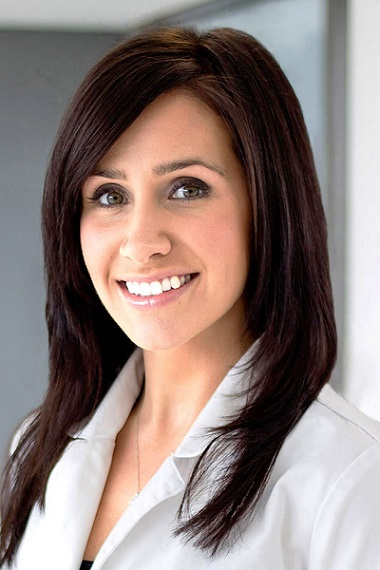By Kristen A. Rossi, MSEd, IBCLC, ALC, LCCE
Co-Director, Shore Beginnings Prenatal and Wellness Program

- Many women do not make enough milk. – This is a huge misconception and one that we see often hinder the success of many mothers attempting to breastfeed. There are many reasons a mother may perceive she isn’t making enough, but there are set indicators that tell us she is. How much a baby is wetting/soiling her diaper and whether or not she is gaining weight appropriately are the two primary indicators of a thriving baby. A fussy baby, a baby who cries, or a baby who eats frequently are not indicators alone of whether or not she is getting what she needs. If ever a mother is worried, a simple pre-feed/post-feed weight with an IBCLC can often ease her fears and assist in getting her back on track.
- Lactation specialists all have the same qualifications. – Untrue, and we cannot stress this enough! There is an entire alphabet soup of initials that you may see come after the name of a “specialist” working with breastfeeding mothers. It is essential to understand however, that there are many tiers of qualifications for this person to assist you with your difficulties. The gold standard in lactation qualification is the IBCLC (International Board Certified Lactation Consultant). An IBCLC has extensively studied the comprehensive science of lactation, has completed over 1000 clinical hours, as well as numerous college courses in the sciences, medical ethics, etc. to be able to sit for the International Board Exam. This is the gold standard in breastfeeding support and assistance. A CLC (Certified Lactation Counselor) had to pass an exam after a 45 hour course in breastfeeding management. Other specialists, such as CBC (Certified Breastfeeding Counselor) or CLE (Certified Lactation Educator) have completed a 20-hour course, with the CBC being able to provide basic breastfeeding assessment and assistance and the CLE remaining hands-off, with the primary role being education. We strongly recommend all new mothers inquire about the credentials of anyone who refers to themselves as a lactation consultant/specialist/counselor, etc. and understand what those credentials mean. Although it is truly phenomenal to have so many supportive of breastfeeding and willing to assist, it is all too often we see many step outside of their scope.
- You have to watch what you eat while breastfeeding. – This is also a misconception and one that makes breastfeeding mothers feel as though breastfeeding is a sacrifice rather than the biological norm. Think of what is eaten in other countries. Things like spicy food, gassy food, and caffeine do not have to be restricted from the maternal diet and are not typically the cause of gas or upset in an infant. In rare instances, infants will present with a cow’s milk protein/soy sensitivity, which comes with more than just gas. With this condition, a mother may not only find her child is overly gassy, but may also notice terrible gas pain, mucous and/or blood in the stool, or a combination of these symptoms, which may point to this condition. If you feel your child is experiencing this, a full assessment by the pediatrician and IBCLC is in your best interest.
- Formula is almost the same as breast milk. – Formula has certainly come a long way, and in many instances, formula saves lives. We do realize the role formula plays in situations where a mother cannot breastfeed, such as adoption, medical conditions with the mother or baby, or maternal choice. However, it would be misleading to deem formula equivalent to breast milk. Formula does not contain antibodies, enzymes, living cells, or hormones, all of which is essential to the optimal mode of nutrition that is breast milk. We are learning more every day about the role key ingredients play within breast milk to support a healthy immune system, as well as encourage optimal brain growth and development, etc.
- You cannot breastfeed while on medication. – There are very few medications that warrant a cessation of breastfeeding. True, some medications can cross over into breast milk, but are typically in levels that are either barely detectable, are less than the infant dose of that very same medication, or at levels that do not pose a risk to that infant. It is strongly encouraged that if a medication is recommended, you reach out to an IBCLC familiar with using the “Medications and Mothers’ Milk” resource, which can not only pinpoint the exact risk category, but also offer alternative medicines to discuss with your provider if necessary. Much information still circulates, which is now outdated and incorrect, such as ceasing breastfeeding after anesthesia, which we now know is unnecessary. We encourage you to discuss your concerns with your provider as well as work with an IBCLC to obtain information on that particular medication.
At Shore Beginnings Prenatal and Wellness Program, we are beyond excited to guide, educate, and support you through your breastfeeding journey, no matter the length. Should you have any questions or concerns before your baby arrives and beyond, please reach out to our IBCLCs, who are available seven days a week. For more information, call Shore Beginnings at 609-653-3238.
